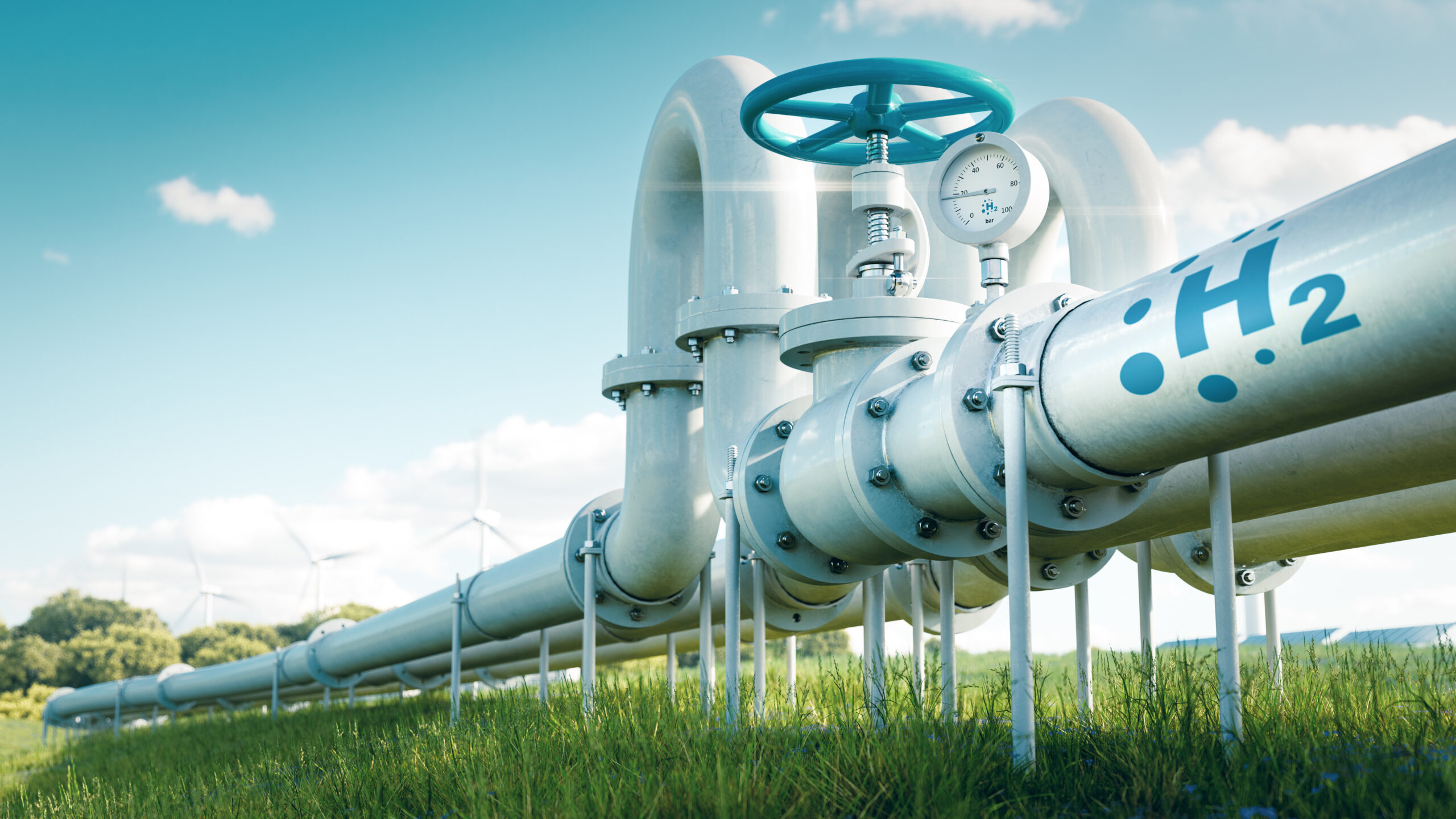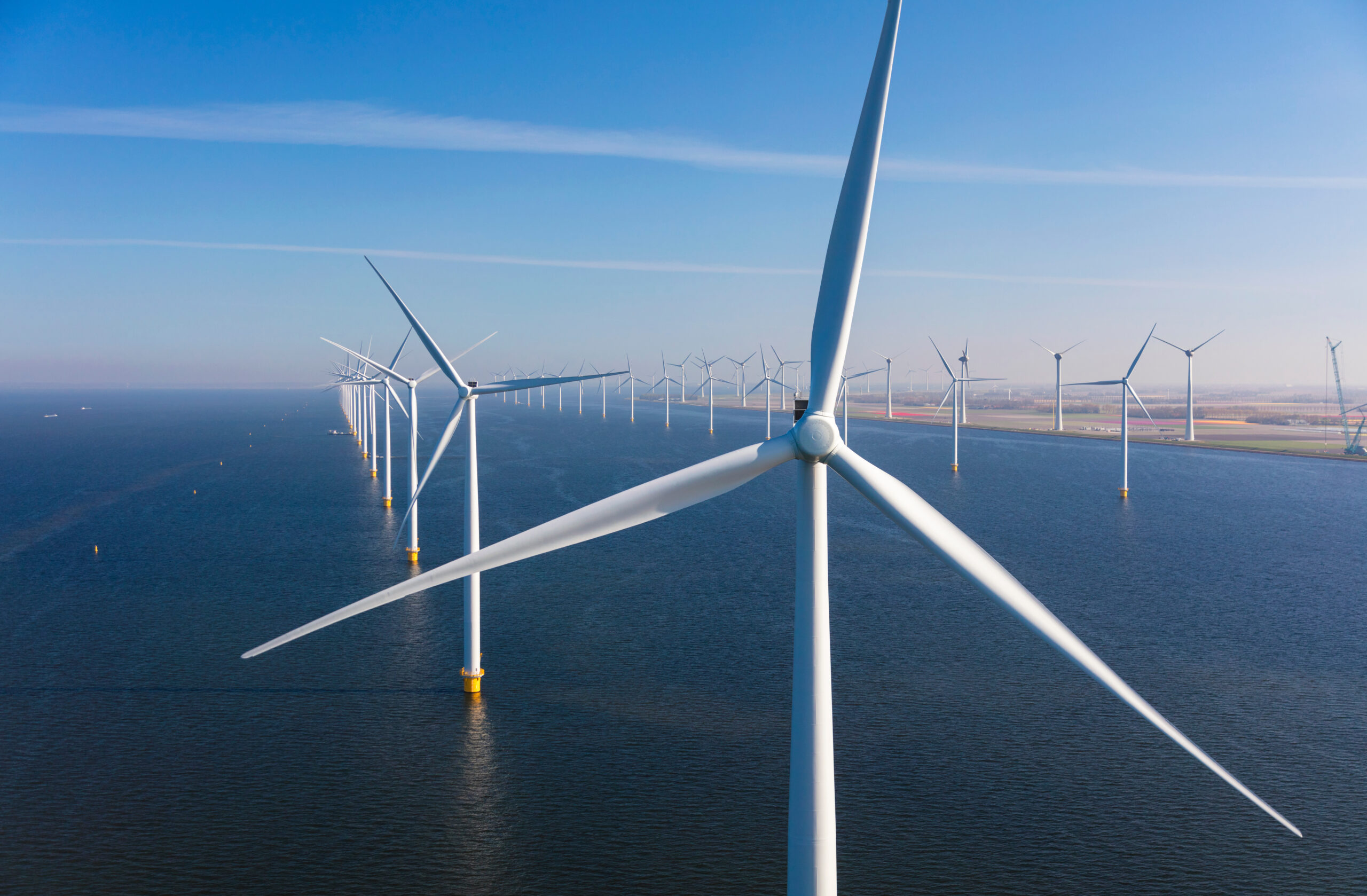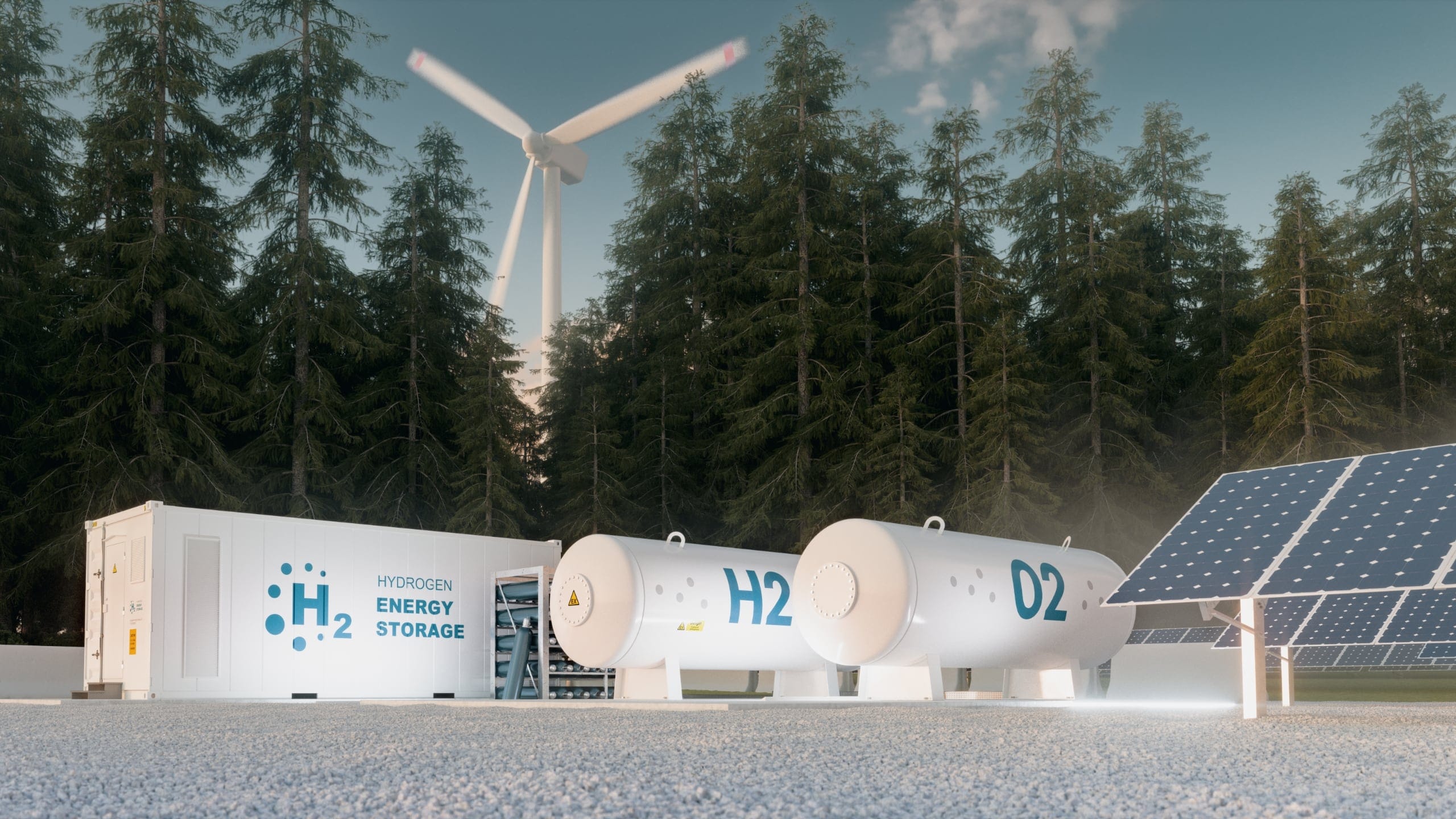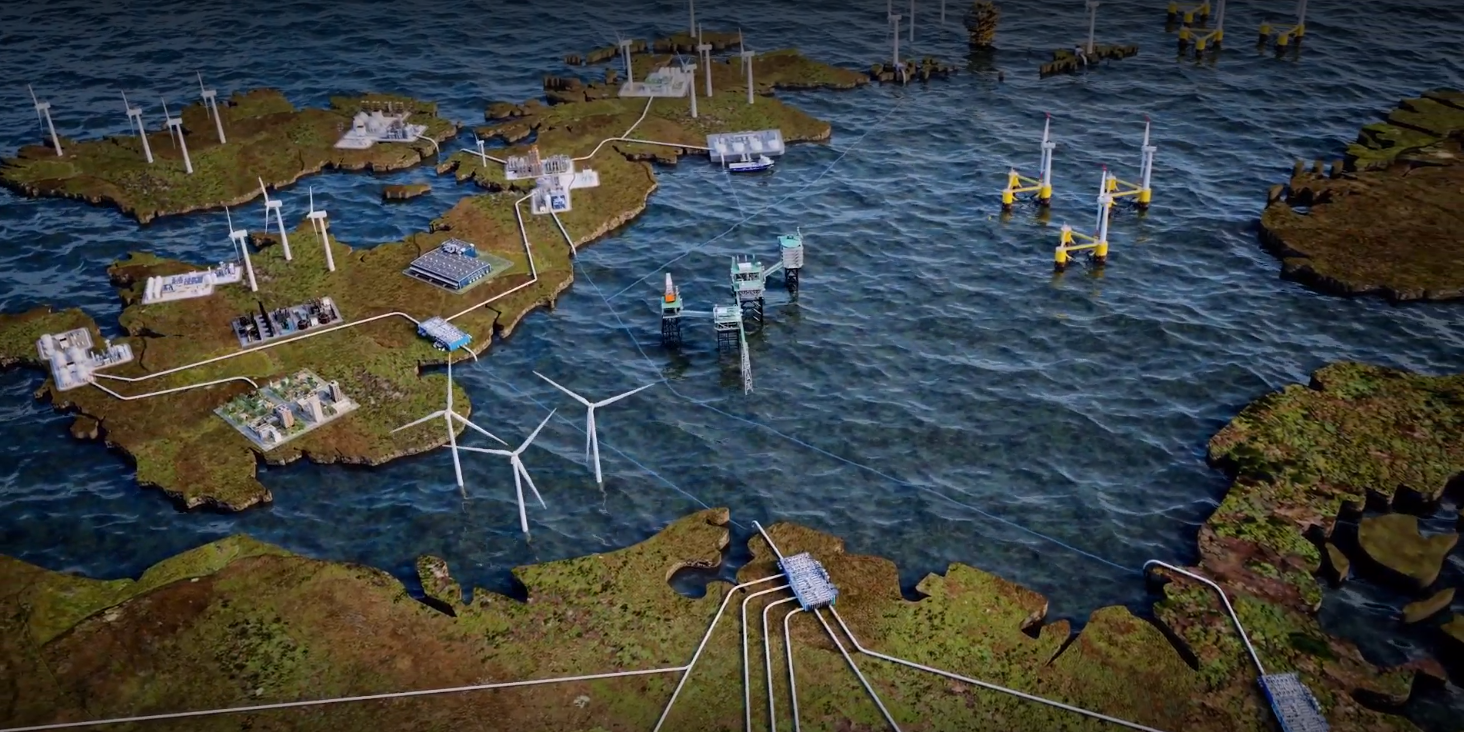NEWS & INSIGHTS | article
UK risks falling behind in race to net zero as it expands gas and coal amid delays to hydrogen heating and carbon capture and storage

International investors are increasingly unclear about the UK’s goals and may look elsewhere in the world.
The UK rightly wants to position itself as a global leader in the race to net zero, but we now need to back up that ambitious aim with affirmative action. As the recent Climate Change Committee report made clear, the UK is currently at risk of falling behind our rivals without a significant step change in our collective efforts to lower reliance on fossil fuels and promote clean energy.
The committee’s findings made for sobering reading. While renewable electricity capacity increased in 2022, it was not at the rate required to meet the government’s targets, particularly for solar. Equally, plans to scale up heat-pump installations are currently running at a ninth of the required rate, while there is still no clear plan to support industrial electrification. The list of worrying findings goes on.
Some of this is the result of mixed messaging. At the COP26 summit, the UK was recognised as a leading impetus behind the Glasgow Climate Pact to reduce emissions, particularly those from coal power. Since then, the decisions to expand gas production beyond the amount needed to meet demand, as well as the granting of consent for a new coal mine in Cumbria, have led to confusion. International investors are increasingly unclear about the UK’s goals and, in a competitive global environment, can easily look elsewhere.
This lack of coherence is further compounded by a lack of detail. Much of this relates to policies that are otherwise very positive. For instance, the announcement of up to £20 billion to support carbon capture and storage is welcome, but it has not been followed up with any explanation of how or when the funds will be released.
Of course, crucial policy decisions with lasting impact must not be taken casually, but there is more that could be done now to mitigate the impact of delays. A commitment to accelerate the deployment of electric heating and pressing ahead with ‘low-regret’ energy infrastructure decisions could help alleviate the effects of delays over hydrogen heating. Equally, there are no-cost or low-cost measures that could further help the UK keep pace with our international competitors. The planning system needs rapid reform if we are to make the necessary changes to the electricity grid and stop essential net-zero infrastructure being stymied.
The relevant Scottish and UK Government agencies must now step up rates of tree planting and peatland restoration, and introduce a new framework for land use change. Creating a system of UK-wide capacity management for airports would also help stop their relentless growth while ensuring the transport needs of travellers continue to be met.
This is not to suggest everything is doom and gloom. The UK is making significant progress in cutting emissions, and we enjoy world-leading expertise in net-zero technology, much of which is based in the north-east of Scotland.
But that does not mean there is not more that can be done. Measures such as those outlined above can be undertaken now and would have a significant impact in helping meet the real-world indicators of progress set by the Climate Change Committee. Without such action, as the committee has warned, the UK risks falling further behind in the race to net zero.
Subscribe for the latest updates



